This post is a follow up of the previous post – I Speak, Therefore I Think - which I encourage you to read before diving into this one.
But I believe it holds value on its own if you don’t want to do that.
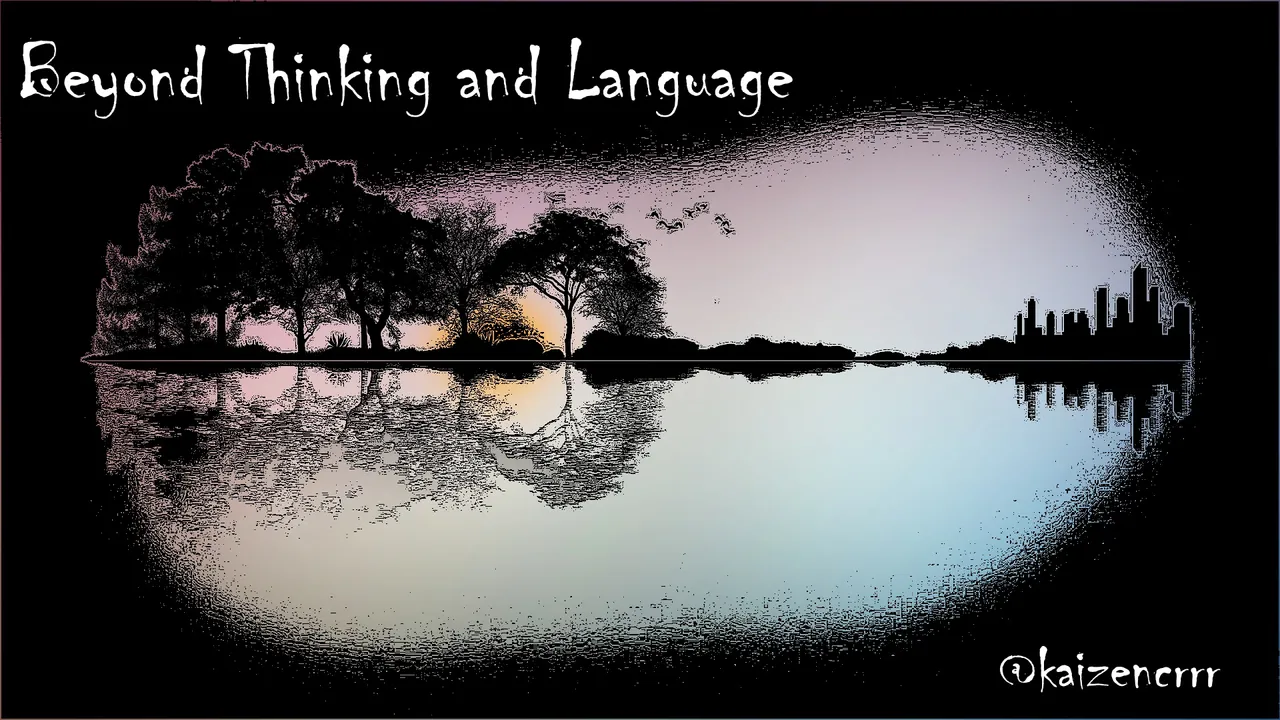
We concluded our last post with a question: what lies beyond thinking and language?
Wittgenstein says in Tractactus Logico-Philosophicus that the limits of my language are the limits of my world.
Throughout ages, in opposition to divinity, which was considered omnipotent, infinite & omniscient, the human was perceived as a finite being, therefore condemned to live inside insurmountable boundaries.
If we assume the existence of such borders, then it is impossible to cross them, and what lies beyond them is necessarily unintelligible to humans. From this we can deduce that the limits of our language should be situated around the same coordinates as our hypothetical border that we cannot cross, because comprehension of something implies that we have the words for it in order to be able to comprehend it.

Until here we consider that the limits of our language represent the limits of our world, and all our knowledge can be expressed through language.
We’ll not be referring to a specific human, but in aggregate – The Human – he encapsulates all the individuals and therefore all of their manifestations of the myriad of languages they possess. This helps us conceptualize our Human as the owner of all knowledge known to mankind and respectively as the possessor of the most exhaustive language possible, which means that our Human is able to see the World in its most exhaustive form possible to mankind.


Karl Popper tells us about the existence of 3 worlds: the world of physical objects and events; the world of mental objects and events; the world of objective knowledge.
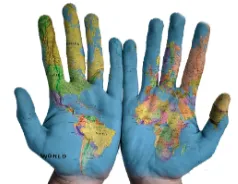
The third world is the place where the human potentialities are born. It contains the power of creation. Through creation, as history shows us, humans were able to extend the reach of their inquiries.
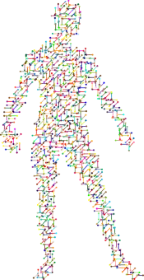
It’s logical then to ask ourselves if our capacity for creation is limited. Because we saw in the previous example that our capacity for creation means the ability to push the boundaries that we cannot cross further and further.

So if our capacity for creation were to be limitless, that would mean that the only possible outcome would be the constant pushing of our boundaries, since we would keep creating and creating new means to cross them.


No one was able to refute our hypothesis about our limitless capacity for creation yet. Nobody would have imagined a few thousand years ago that the sky they looked upon would be crossed by future generations. No one would have imagined a few hundred years ago that we would stare at a luminescent thing called screen. And most importantly of all, nobody would have envisioned a few tens of years ago an “inexistent” place called Steemit, where people would make money by writing, reading and up-voting posts.
Therefore, even if we accept the existence of some boundaries that are limiting the depths to which we can dive in this world, we cannot ignore the existence of the third world, which enables us to explore new depths through creation.
That’s why I believe that the limits of our language and thinking are not invariable, what lies beyond them will not necessarily remain there forever. Obviously I can be wrong. Our capacity for creation might indeed be finite. But I think if that were the case, we are still far away from it. We will never be sure of that until we will create everything there is to create.
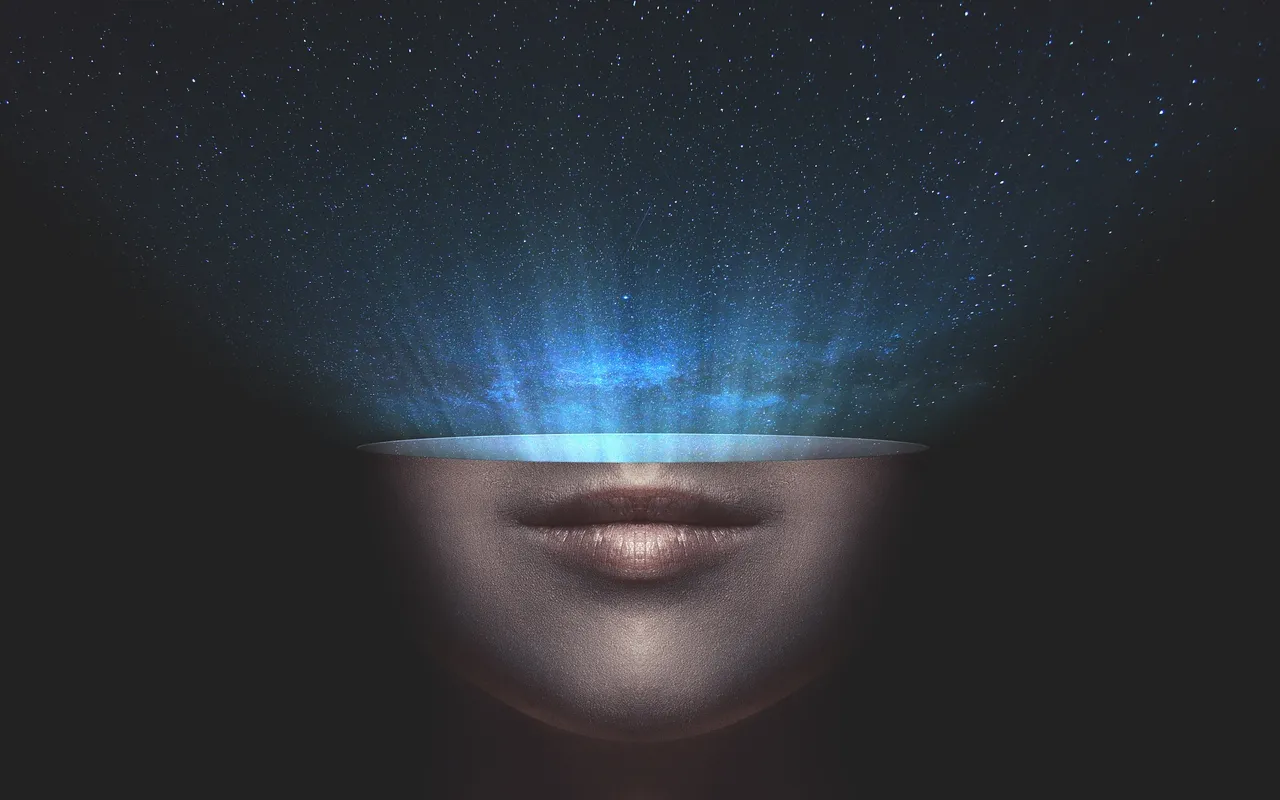
As a conclusion, I would say that the unintelligible cannot be though through language. We “invent” words only after the unintelligible becomes intelligible. So everything that lies between our boundaries can be though and said through language, everything that is beyond those boundaries evades our thought and cannot be said through language. But the unknown unknown will not forever remain unknown. We will start to sense it, and it will become a known unknown, until we eventually will be able to make it into a known.

It is true for humanity as a whole, and it is true for every single individual.
All this means that you can Kaizen yourself until death.
You are not entirely bound to your circumstances.
There are many ways in which you can change them.
In the last post we will try to consider some of these ways based on everything we talked about in the last 3.
I will include a link as soon as I'll write it.

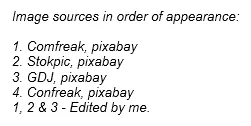
Follow me for future posts @kaizencrrr
